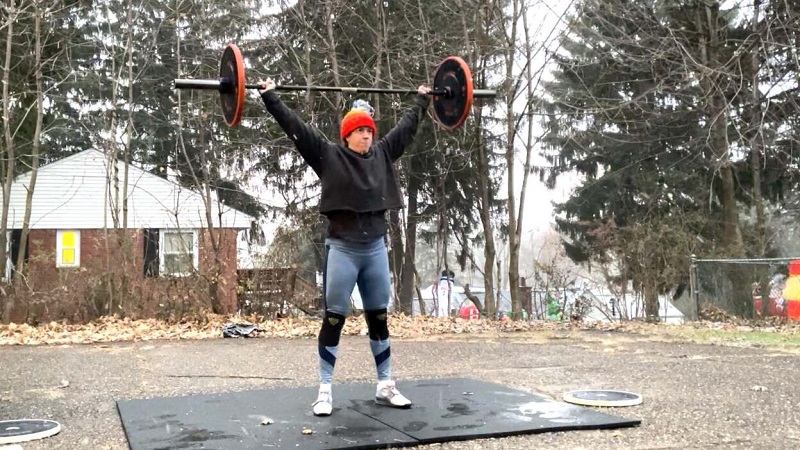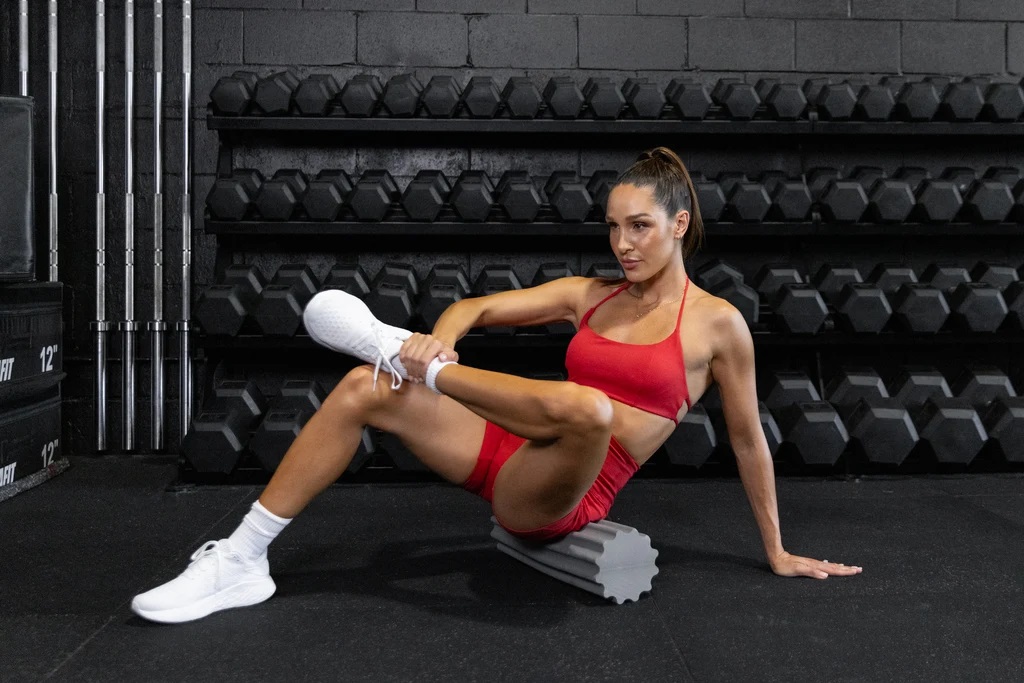As the temperatures drop, many of us wonder about the effects of cold weather on our muscles. Does the chill tighten them up, or is there a hidden benefit to braving the cold for a workout? Let’s unravel the impact of cold weather on our muscle health in this engaging exploration.
Contents
The Chilly Challenge: How Cold Weather Influences Muscles
The Initial Tightening Sensation
Why Do Muscles Feel Tight in the Cold? Picture stepping out into the frosty air, and suddenly, your muscles feel tighter. It’s a common experience. Cold weather prompts muscles to contract slightly, a natural response to conserve heat. While it might feel uncomfortable initially, it’s not necessarily a bad thing.
Potential Benefits of Cold Weather Workouts
Cold Weather: A Natural Muscle Tonic? Contrary to the initial tightness, exercising in the cold can have benefits. The chilly air may prompt your muscles to work a bit harder, contributing to increased strength and endurance. It’s like a natural resistance workout but with the winter breeze as your trainer.
Oxygen Boost and Circulation
Cold Weather’s Circulatory Magic The cold stimulates blood flow, delivering oxygen and nutrients to muscles more efficiently. Improved circulation can enhance muscle function and aid in post-exercise recovery, giving you an extra boost during and after your winter workouts.
Real Talk: Experiencing Cold Weather Muscle Moments
The Winter Runner’s Challenge
Navigating Muscle Tightness on the Run If you’re an avid winter runner, you’re no stranger to the initial stiffness. Embrace it as a temporary hurdle; as you warm up, your muscles adapt, and the sensation fades. The chilly challenge is part of the invigorating winter running experience.
Weightlifting in Winter
Lifting in the Cold: A Unique Pump For weightlifters, the cold can provide a unique pump. The increased blood flow and tightened muscles can create an environment that some find conducive to lifting heavier weights. It’s like your muscles are waking up with an extra jolt.
Scientific Insights: What Research Tells Us
Cold-Induced Adaptations
Beyond Tightness: How Muscles Adapt Research suggests that the initial tightness is just the tip of the iceberg. Cold weather workouts may trigger adaptations in muscle fibers, potentially enhancing their performance over time. It’s the body’s way of acclimating to the chilly challenge.
Minimizing the Risk of Injury
Cold Muscles and Injury Prevention While the cold can offer unique benefits, it’s essential to warm up adequately to reduce the risk of injury. Cold muscles are more prone to strains, emphasizing the importance of a thorough warm-up routine before diving into winter workouts.
FAQs About Cold Weather and Muscles
Q: Why do my muscles feel tighter in the cold?
A: Cold temperatures cause muscles to contract slightly, a natural response to conserve heat. This tightness is temporary and often eases as you warm up.
Q: Can exercising in the cold improve muscle strength?
A: Yes, the cold can act as a natural resistance, potentially enhancing muscle strength and endurance over time.
Q: Are there specific warm-up exercises for cold-weather workouts?
A: Yes, dynamic stretches and light cardio are excellent for warming up cold muscles. Gradually increasing activity prepares your muscles for the workout ahead.
Q: Can cold weather contribute to muscle soreness?
A: It’s possible. Cold weather may lead to increased muscle tension, potentially contributing to soreness. Adequate warm-up and cool-down can help minimize this effect.
Q: Are there risks of injury associated with cold weather workouts?
A: Cold muscles are more prone to strains, so a proper warm-up is crucial to minimize the risk of injury during cold weather exercises.
Conclusion
In the dance between cold weather and muscles, understanding the nuances is key. Embrace the initial tightness as a natural response, and leverage the potential benefits of cold weather workouts for stronger, more resilient muscles.





